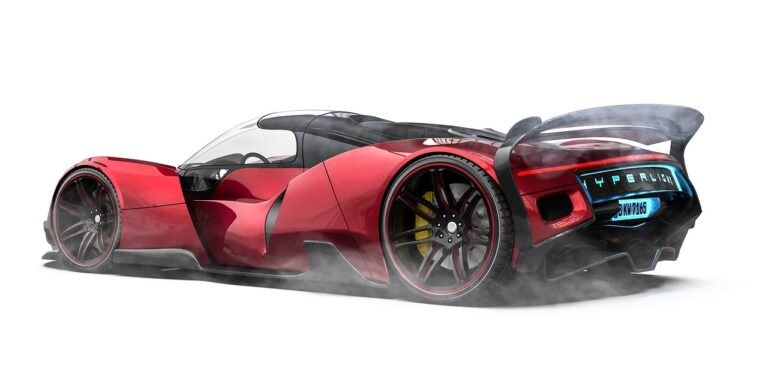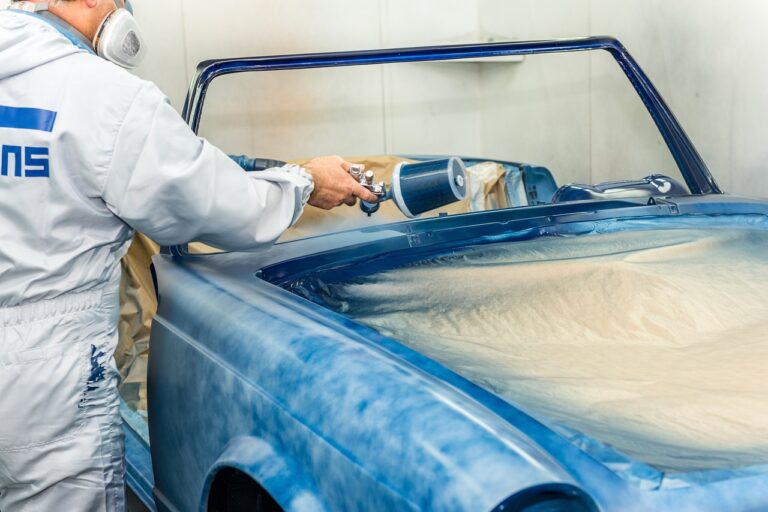The Evolution of Suspension System Materials: From Steel to Advanced Composites
betbazar 247 login, playexch in login, gold365 id login:The evolution of suspension system materials: from steel to advanced composites
When it comes to the automotive industry, advancements in technology have played a crucial role in shaping the way vehicles are built and perform on the road. One area that has seen significant progress over the years is the suspension system, which is responsible for ensuring a smooth ride and stable handling. From traditional steel components to modern advanced composites, the materials used in suspension systems have come a long way in terms of durability, performance, and weight reduction.
In this blog post, we will explore the evolution of suspension system materials, from steel to advanced composites, and discuss the benefits and challenges associated with each material. So buckle up and let’s dive into the world of suspension system innovation!
The era of steel
Steel has been the go-to material for suspension system components for decades due to its high strength, durability, and affordability. Steel is known for its ability to withstand heavy loads and harsh environmental conditions, making it a popular choice for automakers looking to build reliable and long-lasting vehicles.
However, steel is not without its drawbacks. One of the main issues with steel components is their weight, which can have a negative impact on fuel efficiency and overall vehicle performance. In addition, steel is susceptible to rust and corrosion, which can reduce the lifespan of suspension system parts and lead to costly repairs.
Despite these challenges, steel remains a common material used in suspension systems, particularly for heavy-duty applications where strength and durability are paramount. However, as technology has advanced, automakers have started to explore alternative materials that offer the same level of performance while addressing the limitations of steel.
The rise of advanced composites
In recent years, advanced composites have emerged as a viable alternative to steel for suspension system components. These materials are typically made from a combination of fibers, such as carbon fiber or fiberglass, embedded in a resin matrix to create a lightweight and high-strength composite material.
Advanced composites offer several key advantages over steel, including:
– Lightweight: Advanced composites are significantly lighter than steel, which can help reduce the overall weight of the vehicle and improve fuel efficiency.
– High strength-to-weight ratio: Despite being lighter than steel, advanced composites are known for their high strength-to-weight ratio, making them ideal for applications where weight savings are critical.
– Corrosion resistance: Unlike steel, advanced composites are resistant to rust and corrosion, which can extend the lifespan of suspension system components and reduce maintenance costs.
– Design flexibility: Composites can be molded into complex shapes, allowing engineers to optimize the design of suspension system components for improved performance and aesthetics.
FAQs
Q: Are advanced composites more expensive than steel?
A: Yes, advanced composites tend to be more expensive than steel due to the complex manufacturing processes and materials used. However, the long-term benefits, such as improved fuel efficiency and durability, can outweigh the initial cost.
Q: Can advanced composites be recycled?
A: Yes, many advanced composites can be recycled and used to create new composite materials. This helps reduce waste and minimize the environmental impact of manufacturing processes.
Q: Are advanced composites suitable for all types of vehicles?
A: While advanced composites offer several benefits, they may not be suitable for all types of vehicles. Heavy-duty applications, such as commercial trucks or off-road vehicles, may require the strength and durability of steel components.
In conclusion, the evolution of suspension system materials from steel to advanced composites represents a significant step forward in vehicle technology. While steel continues to be a reliable and cost-effective choice for suspension system components, advanced composites offer a range of benefits that can help improve performance, fuel efficiency, and durability. As automakers continue to innovate and explore new materials, we can expect to see further advancements in suspension system technology that will shape the future of the automotive industry.







